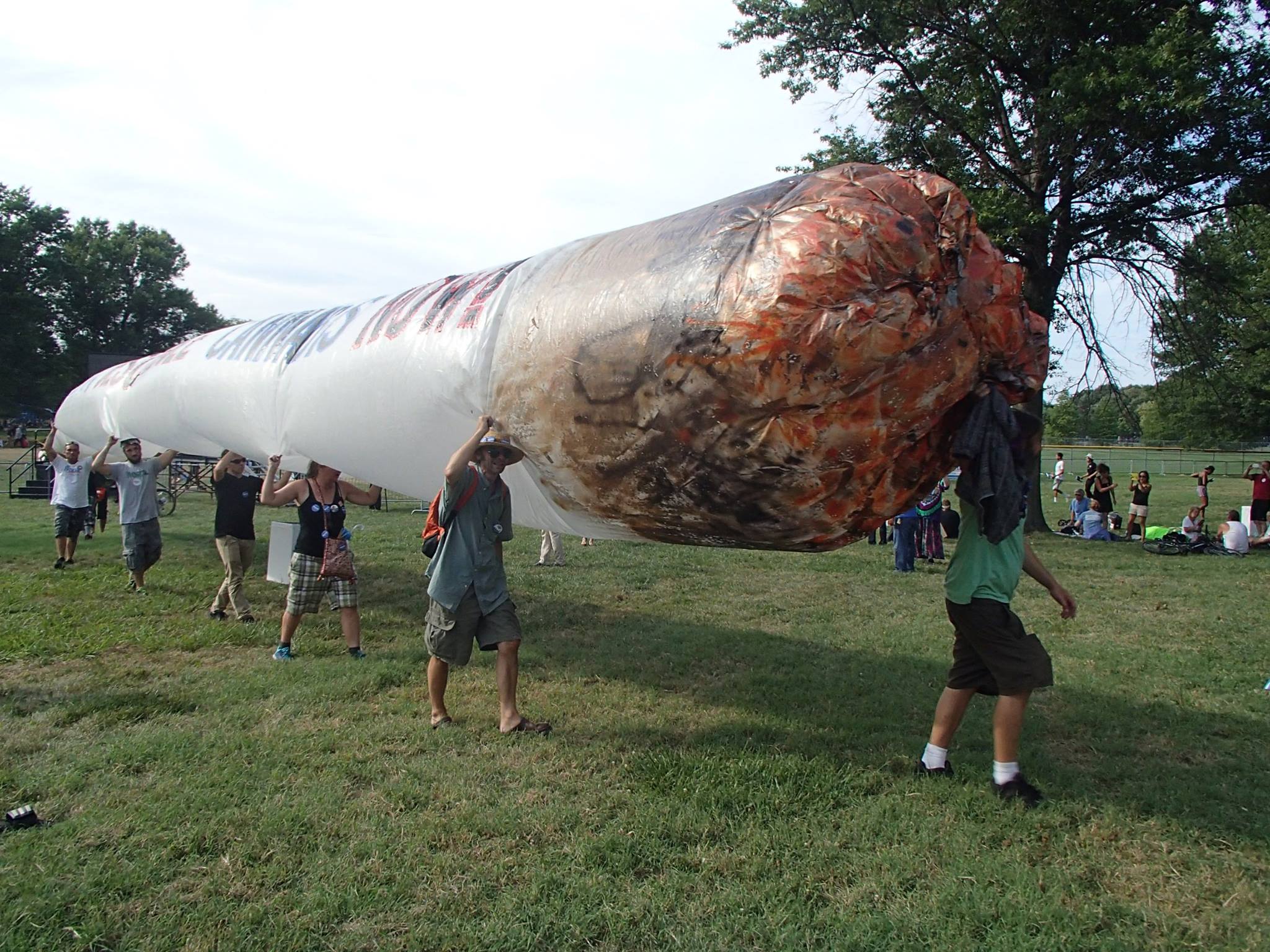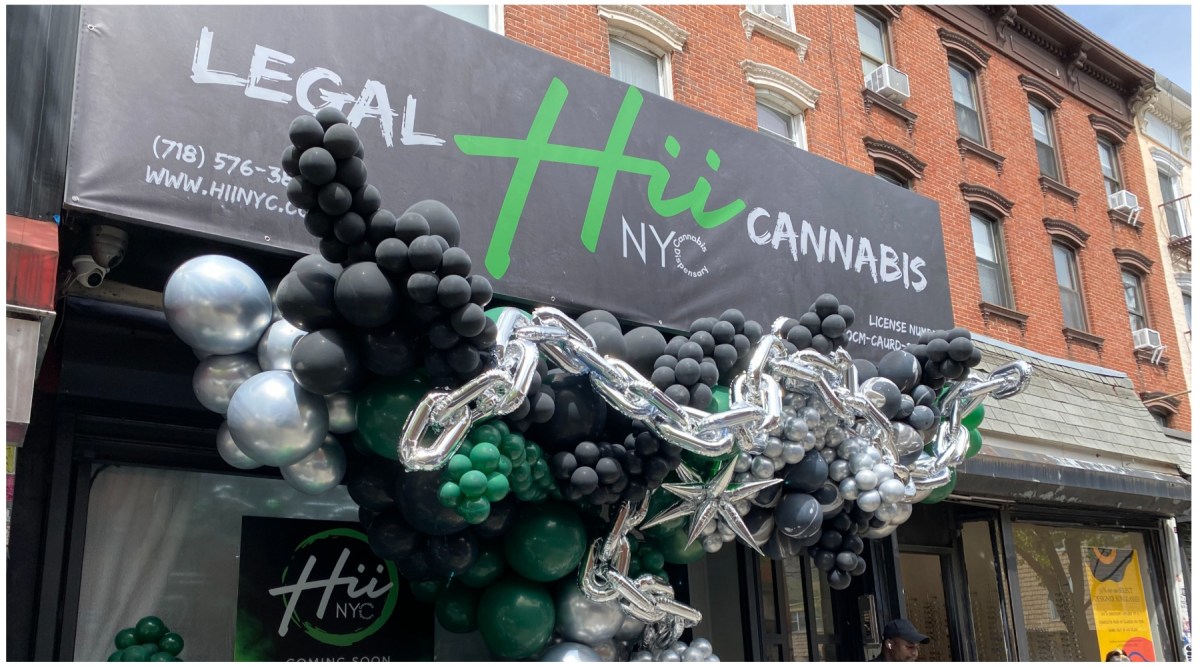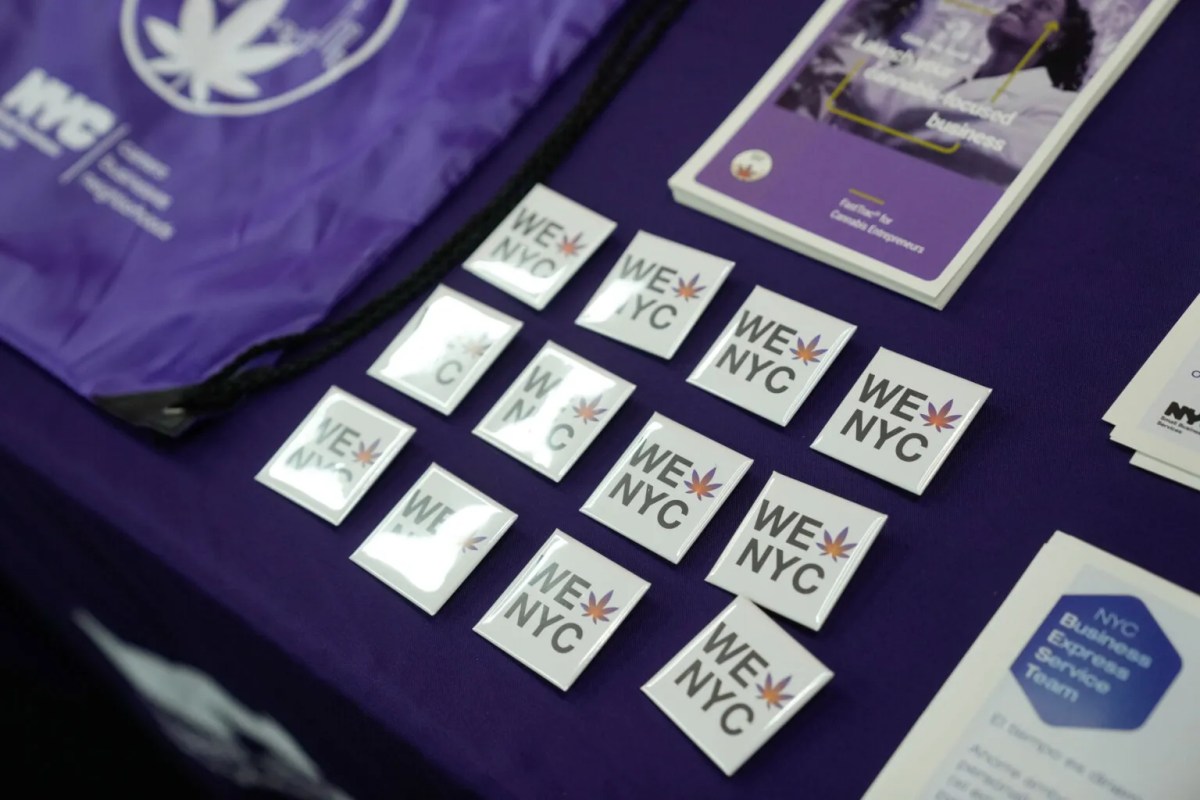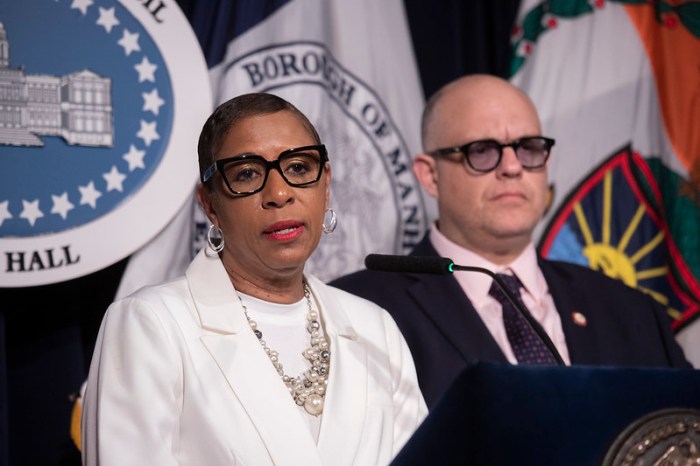
BY PAUL DeRIENZO | Referendums in a half-dozen states crisscrossing the United States legalized or provided medical marijuana exceptions to criminal law for millions on Election Day.
Four new states legalized it; California passed Proposition 64 legalizing pot for adult use, joining Massachusetts, Nevada and Maine.
Oregon, Washington, Colorado, Alaska and the District of Columbia have already passed legalization measures. About 20 percent of Americans now live in states with legal pot.
Arizona was the only state to reject legalization during this election.
Voters in Florida, North Dakota and Arkansas also liberalized pot laws and joined about 25 states, including New York, that have legislation allowing doctors to prescribe cannabis for a variety of medical problems. Montana passed a referendum eliminating some restrictions on its existing medical marijuana law.
Despite these victories, Dennis Peron, who wrote the original Proposition 215 establishing California’s medical marijuana law in 1995, is a strong opponent of legalization. According to Peron, “recreational use” of marijuana creates a false division among pot users. Peron claims that any marijuana use is basically medical.
“Any government involvement is bad,” he said. “The government f—- it up. We rely on the government too much. Prop 215 had no government, no bureaucracy. Prop 64 is only about money and power.”
Peron said that Proposition 64 will “ruin marijuana” by establishing taxes and bureaucracy, bringing the government — especially police — into California’s freewheeling marijuana community.
California voters approved Proposition 64, “The Adult Use of Marijuana Act,” allowing anyone over age 21 to possess and grow marijuana. The law provides for taxation and for local communities to opt out of hosting marijuana dispensaries, if they choose. Prop 64 also creates a state certification for “organic” pot; allows localities to use their names as appellations, so we’ll be seeing pot named after famous growing locales, such as Humboldt County; and allows delivery services to bring marijuana to your door.
California’s immense population should give a boost to federal marijuana initiatives, sending 53 representatives from a legalization state to Congress.
Massachusetts and Maine became the first Eastern states to legalize recreational use of marijuana. The measure is expected to put some pressure on New York with the Bay State border just an hour from Albany.
Rensselaer County Sheriff Pat Russo said he would increase patrols where the county line runs along the Massachusetts border. He told the Albany Times Union that his main concern is how the drug would be dispensed and to whom. The Massachusetts ballot measure does not prohibit sale to out-of-state residents.
“Somebody who is holding 10 ounces, who is growing six plants, it becomes a potential for them to sell it,” Russo said.
However, it’s expected to take some time before fractious state officials in Boston finalize an implementation plan.
The biggest win of the night was a medical marijuana referendum in Florida that garnered 71 percent of the vote even as Hillary Clinton went down to defeat. It was the second try — state law requires a 60 percent vote to pass a referendum and the last attempt fell a few percentage points short. The victory makes the Sunshine State the first to legalize medical marijuana in the Deep South and came despite more than $5.5 million donated by Las Vegas casino magnate Sheldon Adelson to defeat the measure. Adelson is the 12th-richest man in America and was an early supporter of the candidacy of President-elect Donald Trump.
In conservative dyed-in-the-red North Dakota, a medical marijuana referendum won with 64 percent of the vote.
Meanwhile, New York State, which instituted a limited medical marijuana program called the “Compassionate Care Act” in 2014, has recently expanded locations that can dispense cannabis. Earlier this month, PharmaCannis Inc., which operates three dispensary locations Upstate, opened a storefront in the Hunts Point neighborhood in the South Bronx. Rafael Salamanca, Jr., a Bronx city councilmember, said the opening was a “good thing to celebrate” by bringing “medicine” that would benefit the community.
New York does not allow medical marijuana to be smoked, but it can be made into a variety of tinctures, sprays and edible forms. Governor Andrew Cuomo has said he intends to announce several new policies, including authorizing delivery services that would provide marijuana to patients too ill to travel, and enabling nurse practitioners to certify patients as medically qualified for the drug. The state would also broaden the scope of illnesses for prescribing marijuana by including post-traumatic stress.
New York also plans to double the number pot dispensaries to 40; up until now, five companies have been operating 20 dispensaries.
However, marijuana and health activists have been calling for more local, neighborhood-operated dispensaries to help diversify the clientele and bring down the steep price of legal medical marijuana.


















